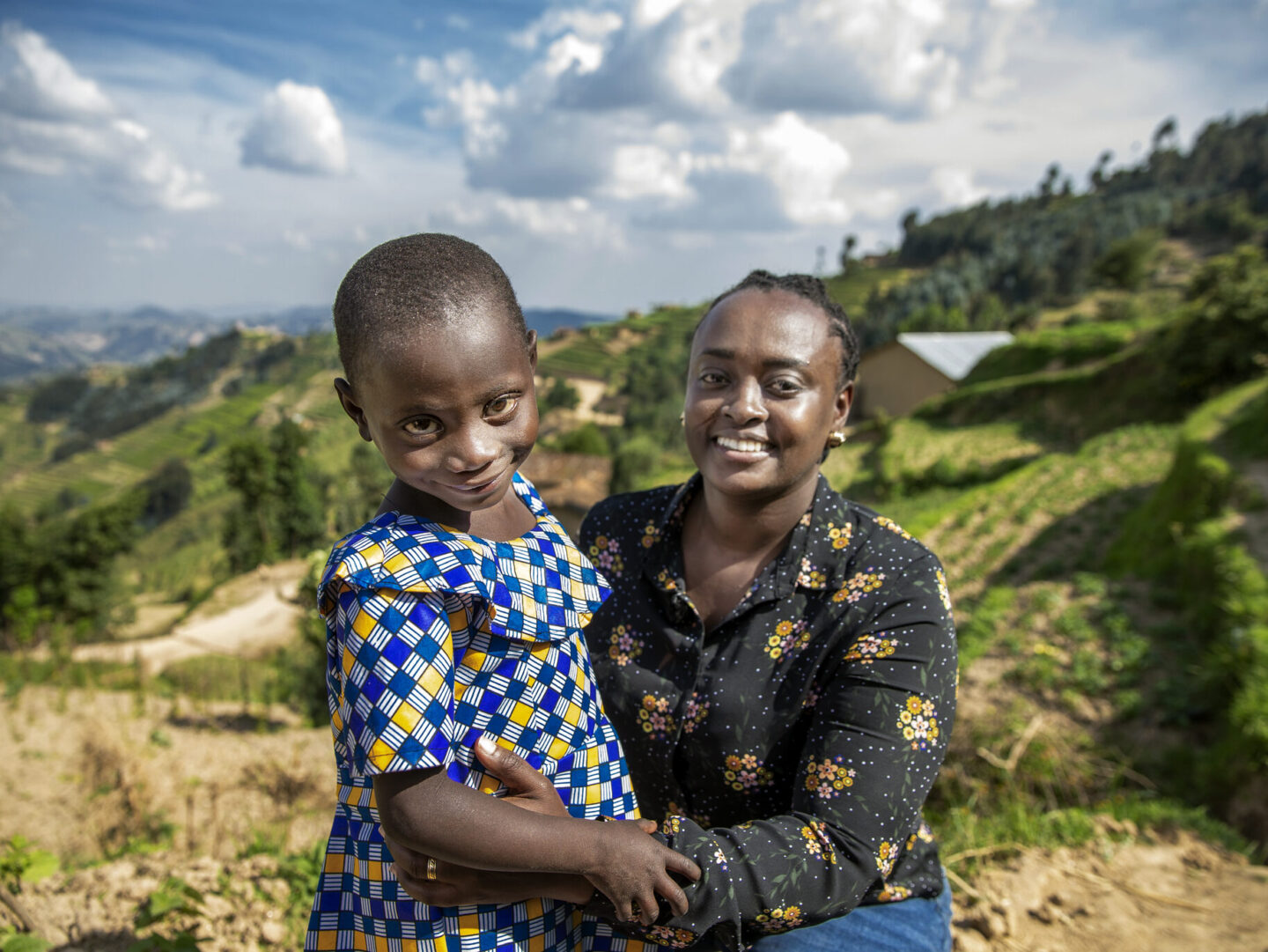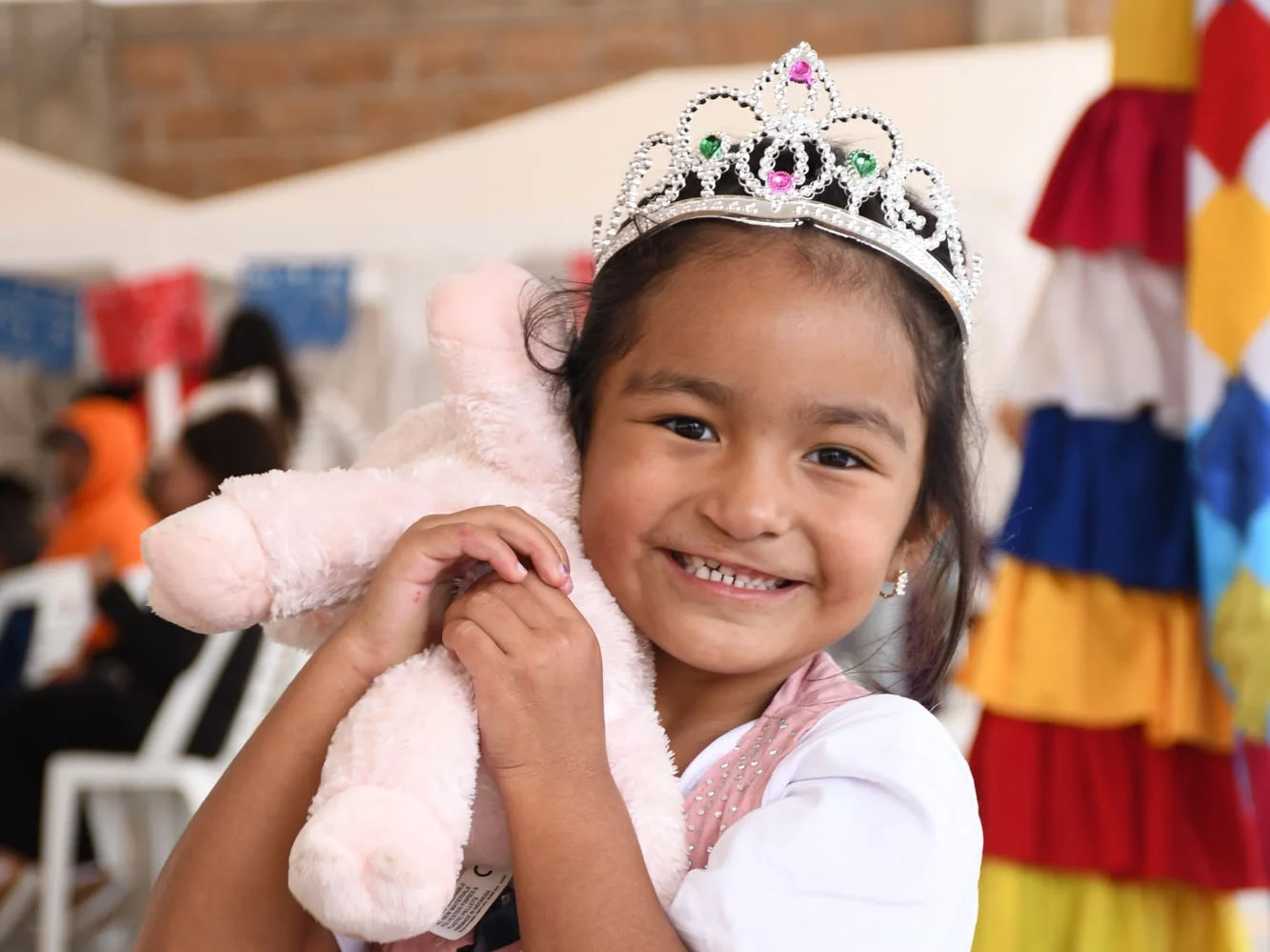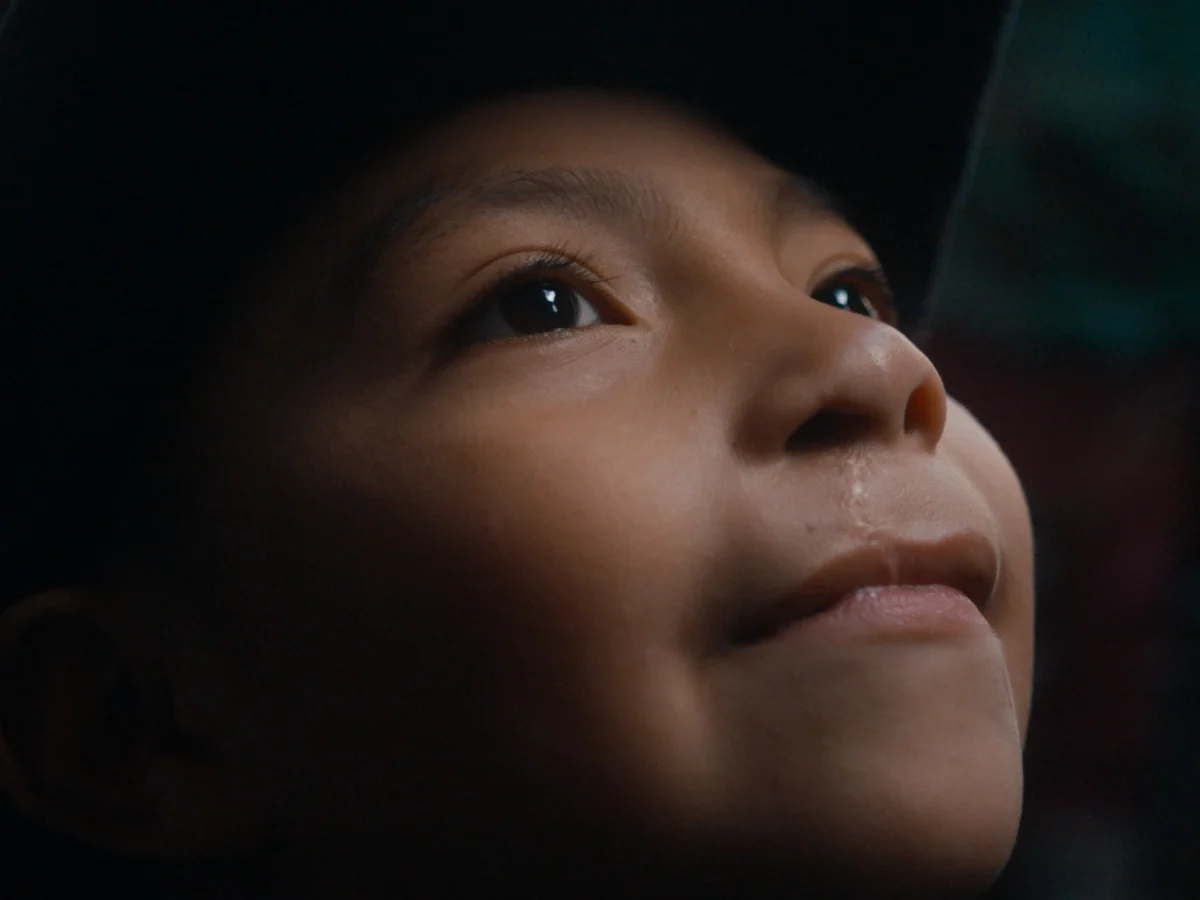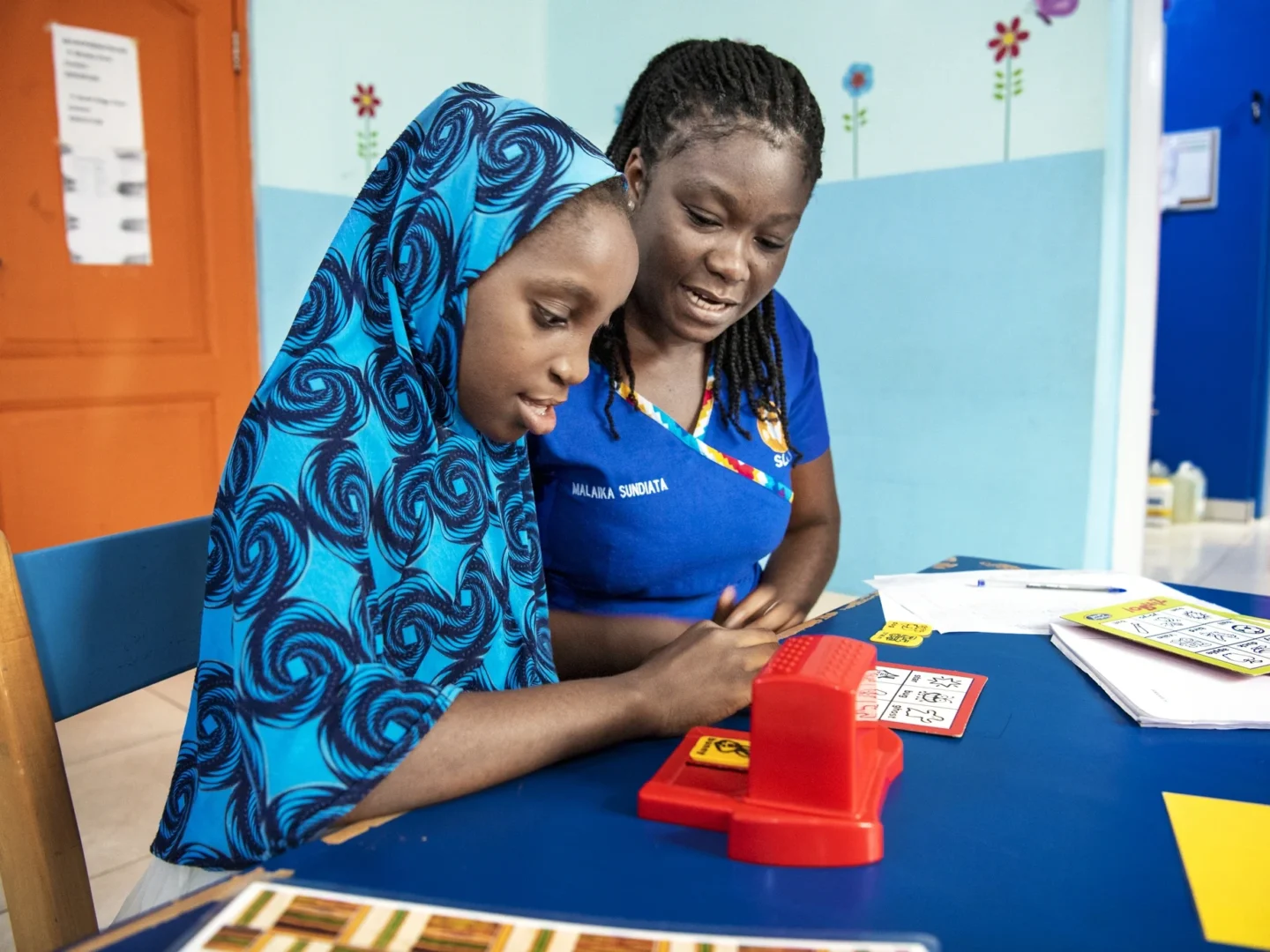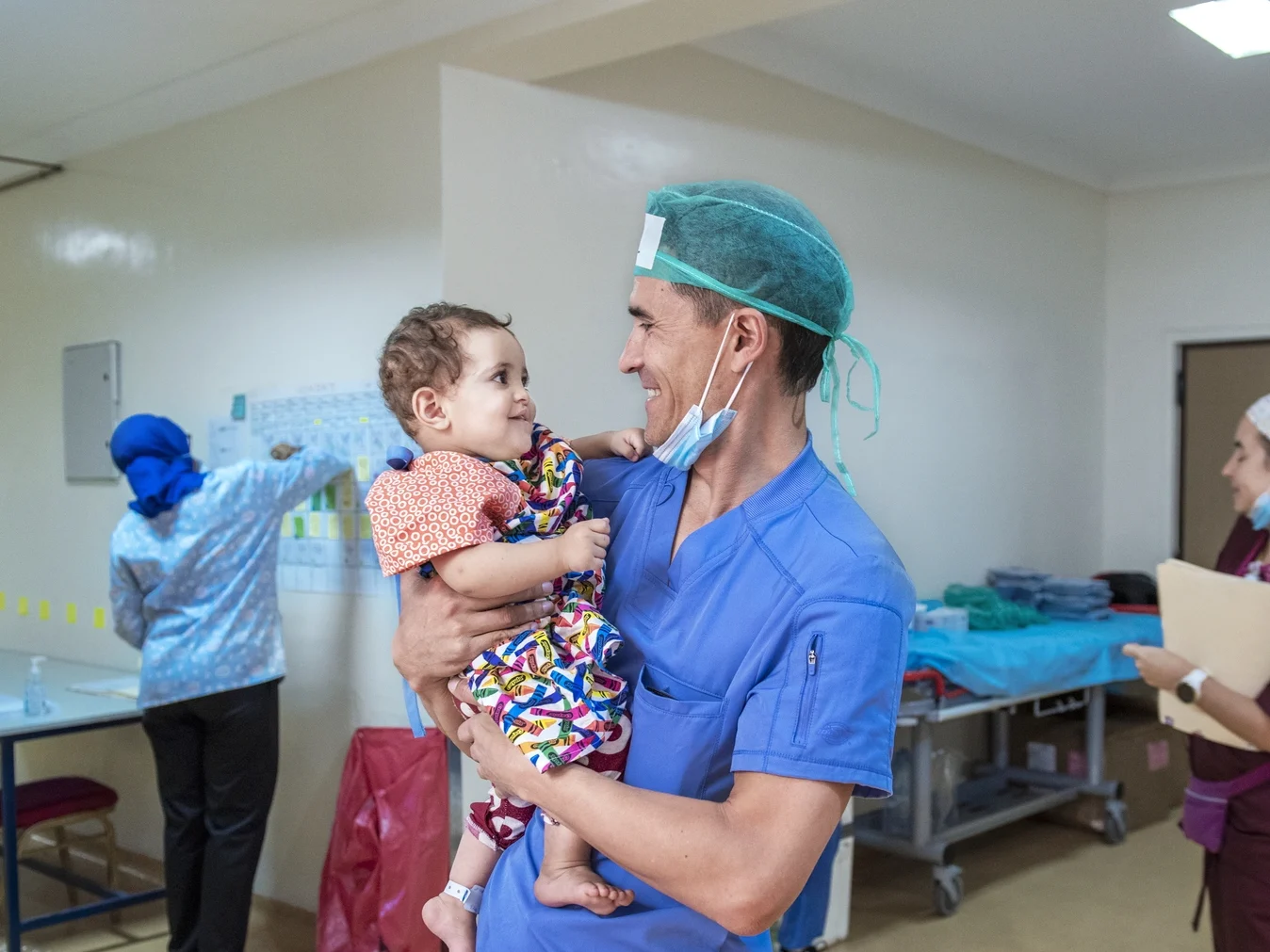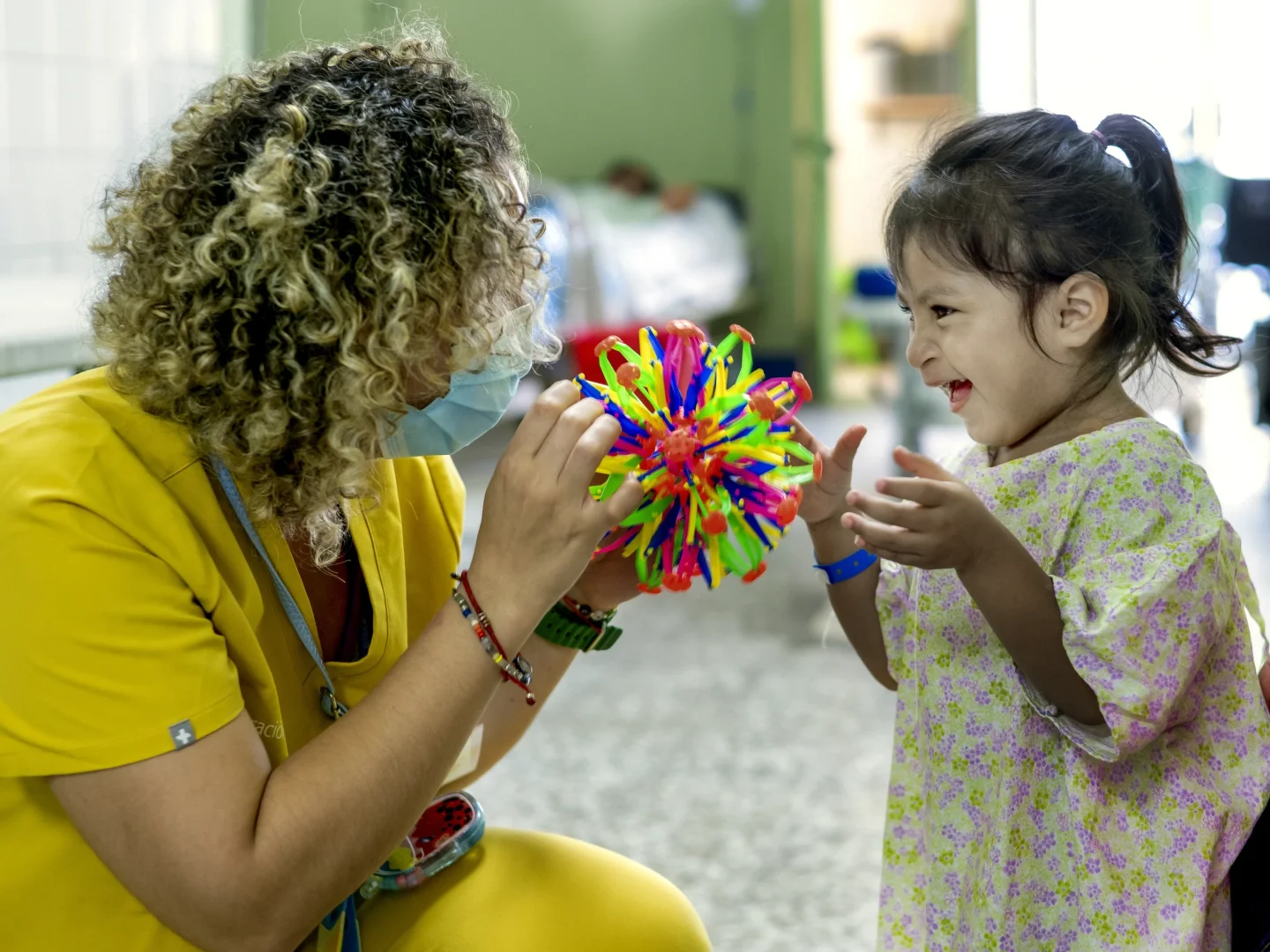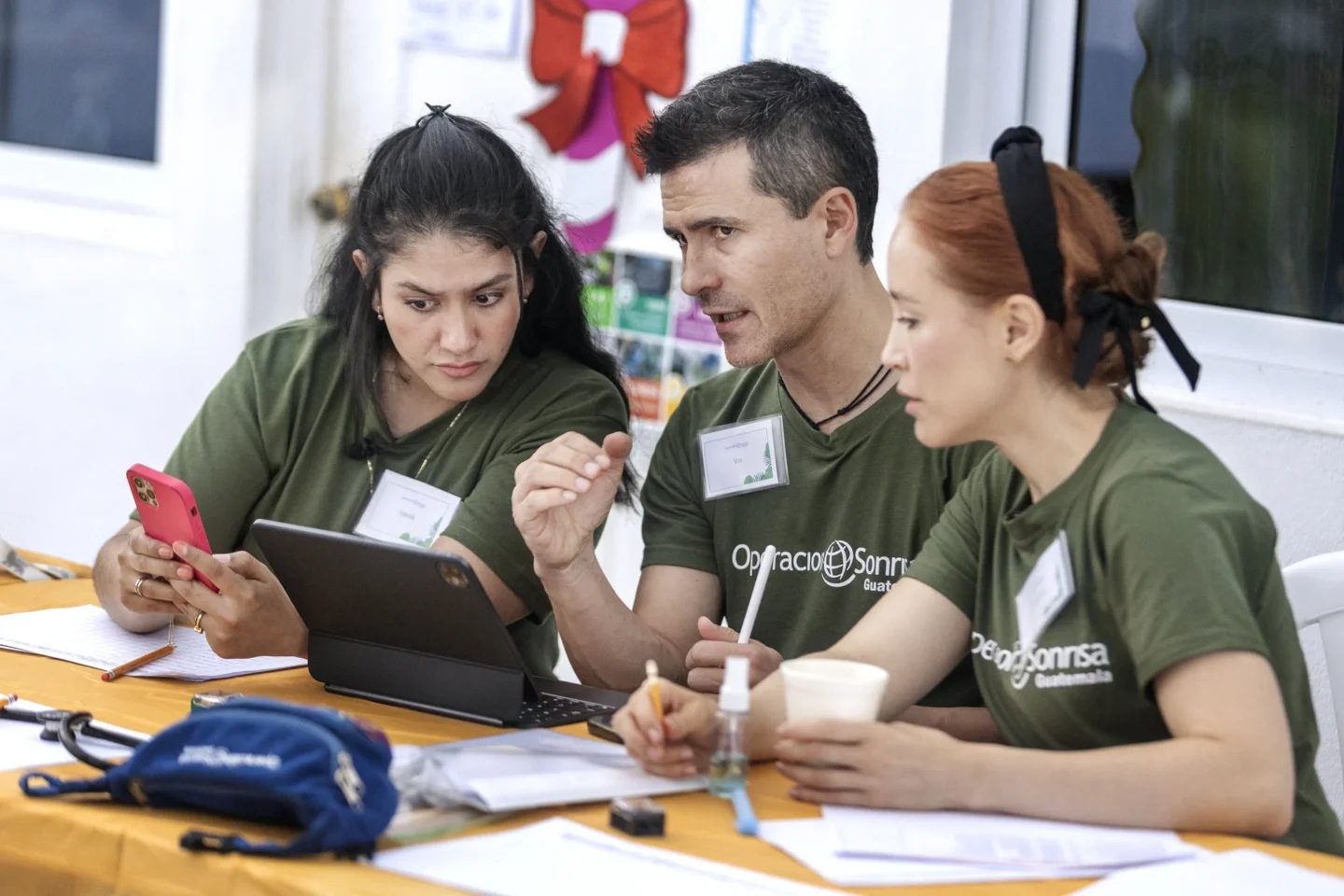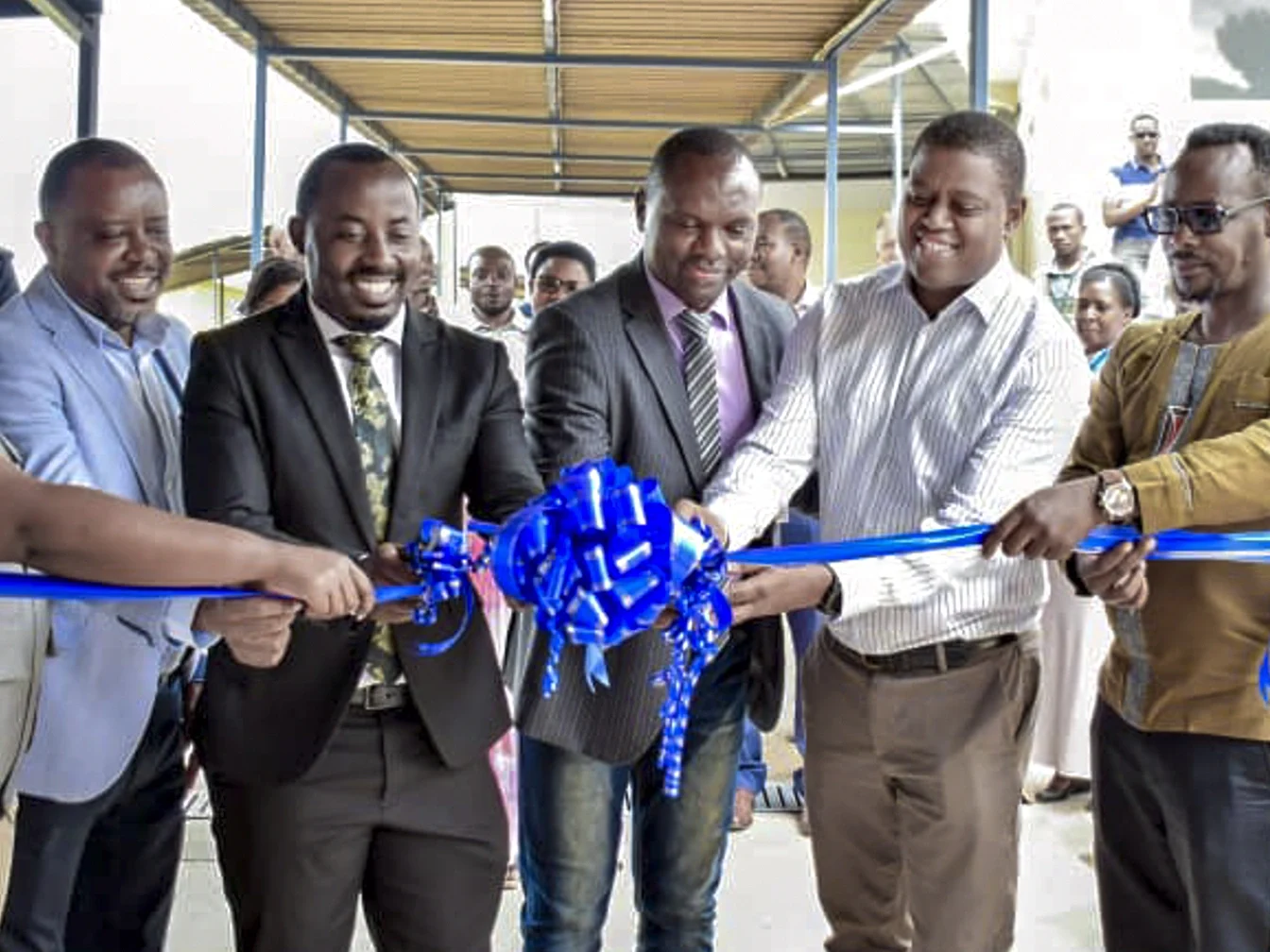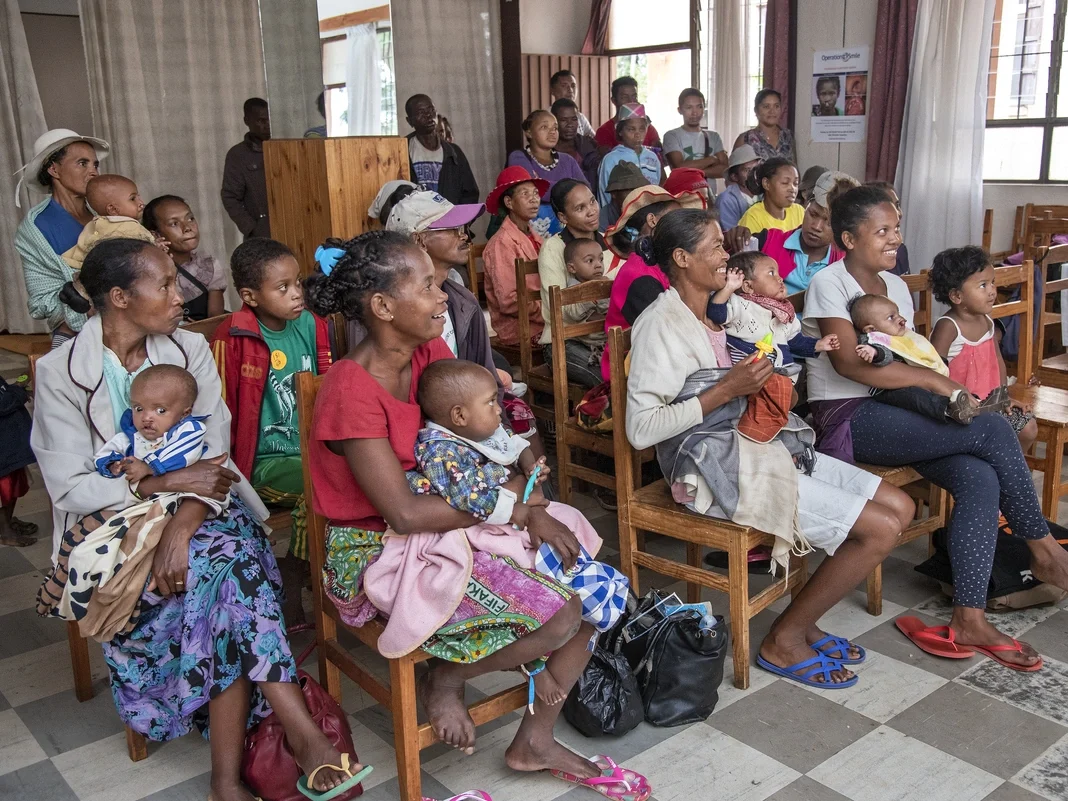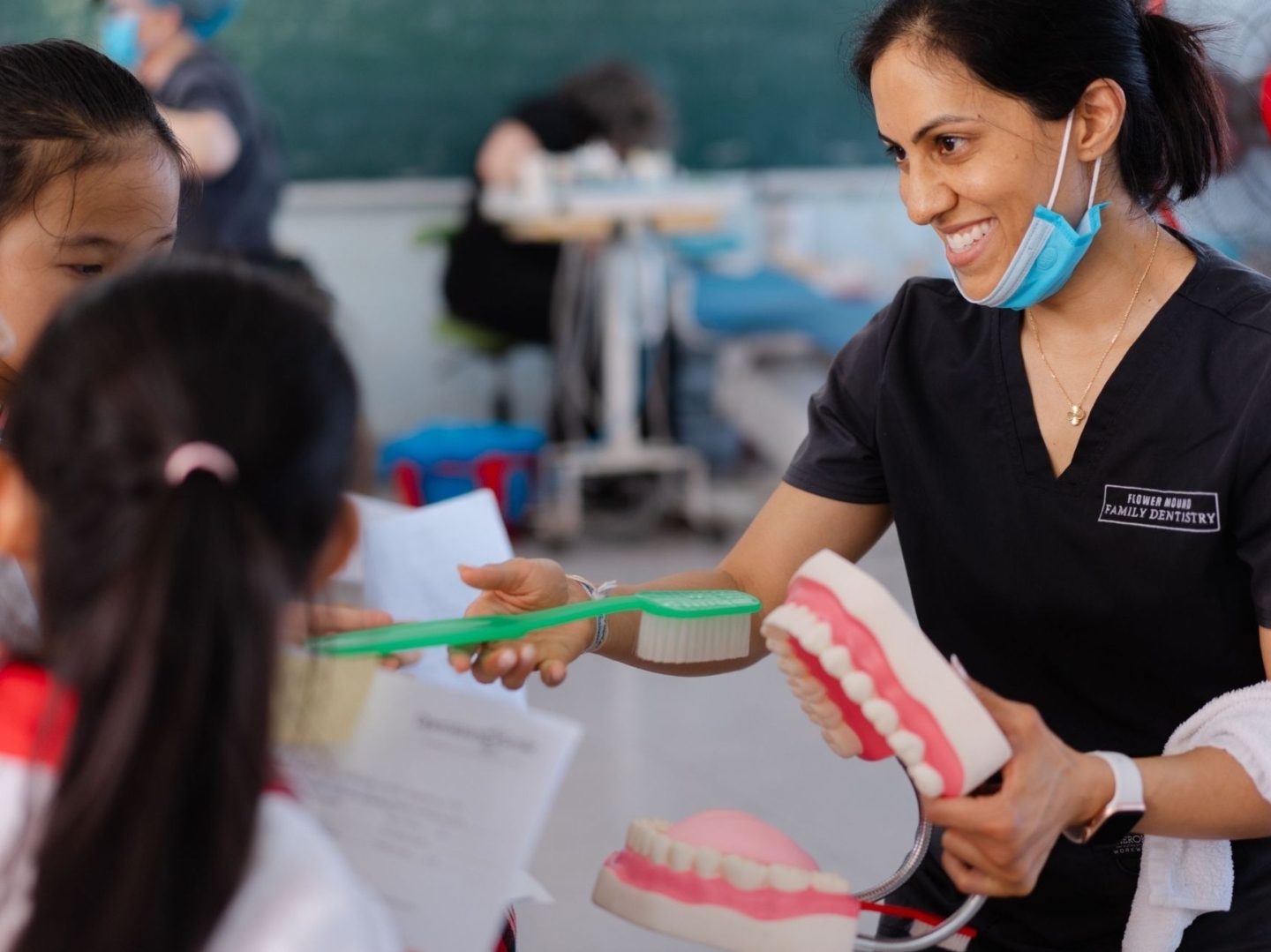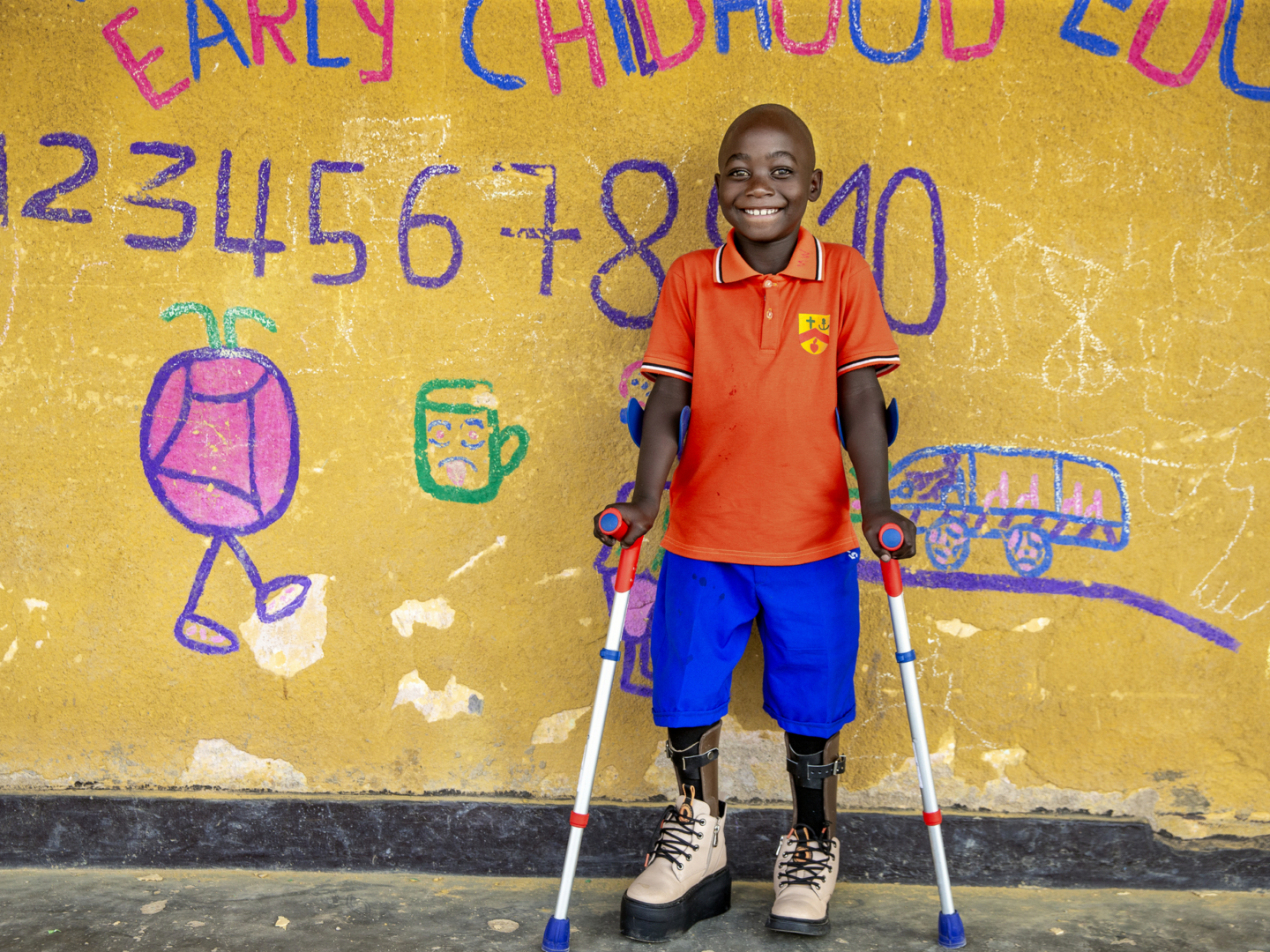Care Providers
Turning Tragedy Into Opportunity
You’ll be hard-pressed to find someone as passionate about their role as an Operation Smile volunteer as Abdulrazzaq Yongo of Kenya.
Abdulrazzaq has been a volunteer with Operation Smile for 14 years and has participated in 32 medical programs as a medical records specialist and basic life support (BLS) and cardiopulmonary resuscitation (CPR) instructor.
Read on for a question-and-answer interview with Abdulrazzaq to hear what drives his passion for volunteering with Operation Smile.
Q: What inspired you to volunteer with Operation Smile?
A: I wanted to volunteer with Operation Smile in order to help children.
Q: Why do you do what you do? Why do you feel the responsibility to take care of these children?
A: I love helping children, especially the most vulnerable children in our society. I grew up as an orphan, so I understand the importance of caring for vulnerable children and giving them the same opportunities in life as others. Taking care of a child today means we are building a better tomorrow because children are our future. Nothing is more rewarding for me than caring for a child in need.
Q: Why is early surgical care a critical need?
A: Early surgical care is critical for a child with a cleft lip or cleft palate because there can be difficulties feeding a child with a cleft condition. They can experience nasal regurgitation or face a risk of aspiration or airway obstruction.
Q: Is there a particular moment or patient from a medical program that will stay with you forever?
A: Some time ago at a medical program in Kisumu, Kenya, I met a patient named Ayor. She was a pastoralist and came from a family of nomads. She lived in such a remote area that it took her over two weeks to travel to the medical program site. When I met her, I saw that she had a cleft lip, and she kept covering her mouth. Even though she always tried to keep her face covered, I could tell the look of happiness in her eyes as I took her through the medical evaluation process.
After Ayor’s surgery, I went to the recovery room to check on her. I approached her with a smile and handed her a mirror and a photo of her face before surgery. I expected a smile from her, but as she looked at her before photo and then to her image in the mirror, tears started rolling down her cheek. I felt confused and I didn’t know what to do until she said to me, “Now I can get married!” I could not hold back my own tears as I realized the impact we had made on this woman’s life and the impact we have on every patient when we give them a beautiful smile. The memory of Ayor will stay with me forever.
Q: From your perspective, describe the three biggest challenges or barriers to care for patients in your country or where you have worked?
A: One of the biggest barriers to care for people with cleft conditions in Kenya are local cultural beliefs and practices. It can be difficult to mobilize children and adults with cleft lip and cleft palate and help them access health care because some people believe they are cursed. Often, people born with cleft lip in Kenya are stigmatized and made to be outcasts.
The second major challenge is the lack of proper medical facilities in some regions in my country. This is an obstacle because many women deliver their babies in the home under the care of someone who is not qualified to advise a mother who has given birth to a child with cleft lip or cleft palate on how to care for her baby.
Another challenge is the lack of sensitization programs about cleft lip and cleft palate. Many children with cleft conditions grow up never knowing that they are repairable and there is a way to get a new smile. On many medical programs, we have ended up treating more adult patients than children.
Q: If Operation Smile didn’t exist in your country or places you have worked, what would those patients do?
A: Without Operation Smile, many people with cleft conditions would have been subjected to a life of stigmatization, meaning they might be forced out of school or not be able to get married. Some people with cleft lip and cleft palate might live as outcasts for their entire life or even die. Operation Smile brings them hope and gives them a second chance at life.
Q: How has volunteering with Operation Smile impacted you professionally and personally?
A: My 14 years with Operation Smile has elevated me professionally in that it has given me the opportunity to meet incredible people who have taught me a lot about medical records. Volunteering with Operation Smile also gave me the chance to study BLS and CPR as part of the American Heart Association training.
I am currently a BLS and CPR instructor, and now I am able to train other people to save lives. Having this knowledge is very important to me on a personal level as my mom died of cardiac arrest. We lived in a rural area 20 kilometers away from a hospital and because I did not know CPR, I was not able to save her. What happened to my mother inspired me to study BLS and CPR, and I thank Operation Smile for granting me the chance to learn these skills. I am looking forward to receiving more training in BLS and CPR and passing these important skills onto others.
